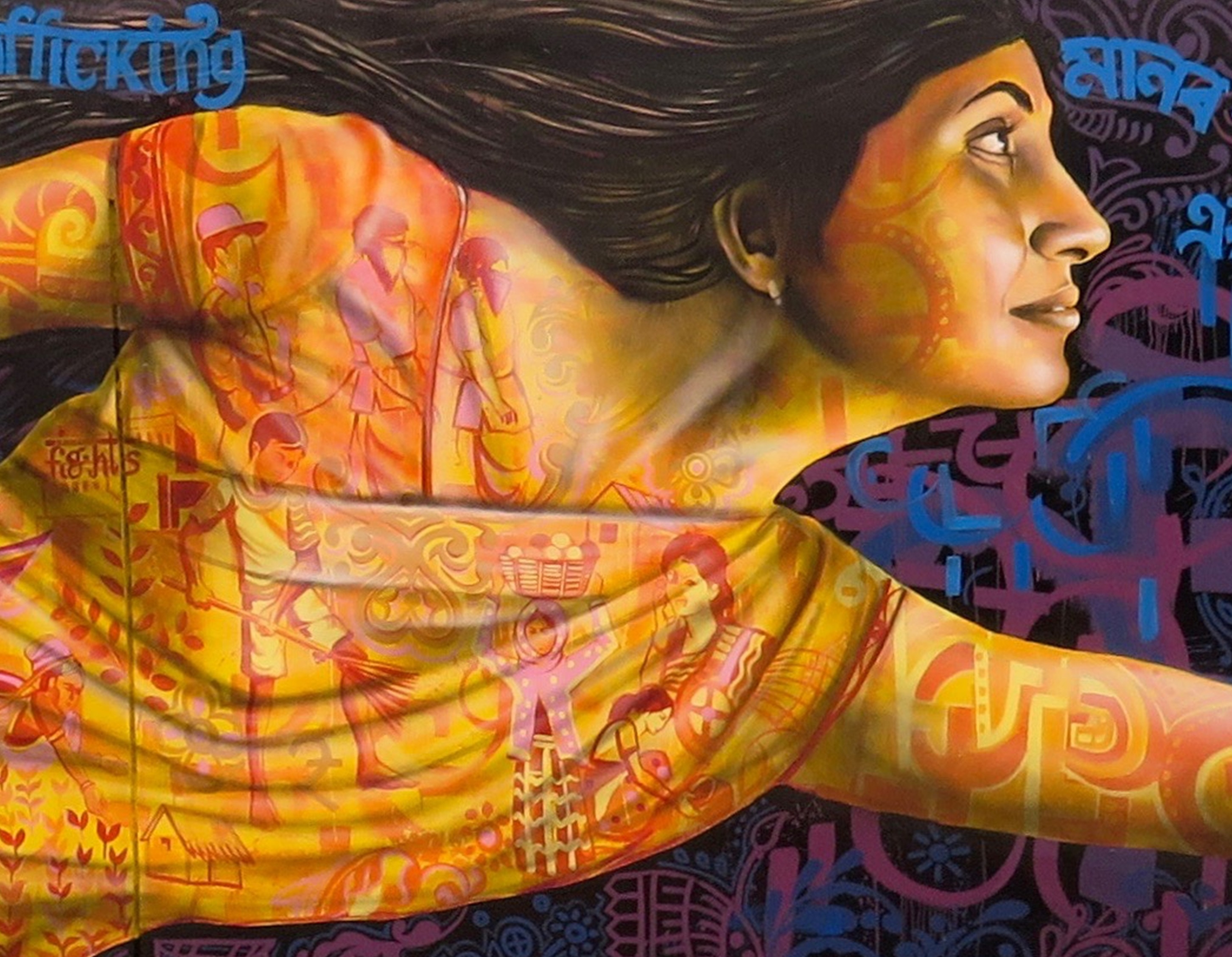
April 20, 2017, by Rights Lab
How do we build capacity in the field of antislavery?
We all want to end slavery, but how? We all want to support freed slaves, but how?
Sooner or later everyone in the world of human rights, anti-trafficking, and anti-slavery asks these questions. These questions spring up whenever we wrestle with the tough challenges of liberation and reintegration. Around the world people and professionals can be baffled trying to understand the nuances of the ever-changing yet ever-constant ugly facts of slavery. Definitions vary, laws vary, the many types of enslavement vary, even anti-slavery strategies and goals vary – how can we make sense of them all? This confusion, this hunger for understanding, is not surprising given that there has been no organized, in-depth, professional training and education program available to anti-slavery and anti-trafficking activists and workers… until now.
The University of Nottingham (working with scholars and anti-slavery/anti-trafficking groups around the world) is proud to announce TWO new ways to get to grips with modern slavery and learn the skills needed to become an effective abolitionist:
- A FREE four-week online introductory course Ending Slavery: Strategies for Global Abolition – a chance to learn about this major human rights issue with the world’s first massive open online course (MOOC) about contemporary slavery.
- And for more advanced study and training, the MA in Slavery & Liberation. A one-year full-time (two-year part-time) Master of Arts degree taught mainly online, but with two professional training modules taught face-to-face during a two-week intensive residential.
To build the four-week MOOC and the year-long MA in Slavery & Liberation we asked survivors about their lived experience of slavery. And we turned to those remarkable liberators who put their lives on the line and work with people in slavery on the road to freedom. And since slavery goes back to the beginning of human history, we also drew on the usable past of three previous anti-slavery movements and the depth of knowledge they stored up over 200 years. Combining these key sources with scholarship, both the online four-week course and the MA in Slavery & Liberation offer depth and useful, usable skills. The MA is especially designed to prepare students for both further study and to equip them with the skills needed in anti-slavery and anti-trafficking organisations.
But why now? Put simply, around the world there has been a dramatic increase in direct anti-slavery and anti-trafficking projects. These projects are carried out by a range of stakeholders, but mainly by national and international NGOs. As they have proliferated, and as governments and other major funders have entered the field, more and more questions are raised about how to deliver effectively the work of liberation, about how can effectiveness be measured, and about what are the appropriate types of intervention for the many different types of enslavement within a number of different cultural contexts? So, why now? Because in spite of increasing demand, there has been no training available for anti-slavery workers, academic or practical, that answers those fundamental questions about how we can work to end slavery and how best to support freed slaves.
Would you like to join us? If so, register here for the four-week MOOC, and here for the MA degree in Slavery & Liberation.
Kevin Bales is Professor of Contemporary Slavery at the University of Nottingham, in the School of Politics and International Relations. He is the Research Director for the university’s modern slavery team, which is building a pioneering programme of antislavery research to develop and test new strategies for ending slavery. He teaches the Massive Open Online Course “Ending Slavery” and a new distance MA degree “Slavery & Liberation.”

That is amazing.Thanks a lot for taking your time to share.
Much obliged to you for this supportive data. I can utilize it on my article and on my work.
nice post
I definitely enjoying every little bit of it. It is a great website and a nice share. I want to thank you. Good job! You guys do a great blog and have some great content. Keep up the good work.